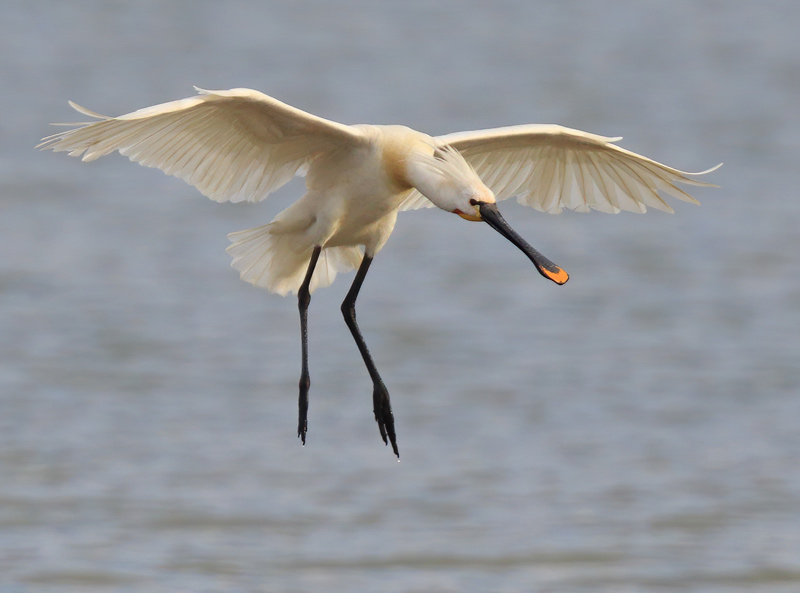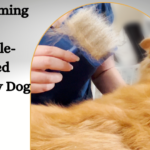
[ad_1]
New record reveals that regardless of Covid constraints impacting essential preservation job numerous intimidated types had a bumper year on RSPB gets in 2020. Highlights consisted of reproducing spoonbills, egrets as well as uncommon plants, butterflies as well as crawlers. More than 18,500 types have currently been discovered surviving on RSPB gets.
Despite Covid -19 constraints impacting gain access to as well as preservation operate in the very first fifty percent of the year, 2020 showed to be a remarkable year for wild animals on RSPB gets with numerous intimidated types having a document reproducing period as well as numerous various other types succeeding.
The brand-new Wildlife on RSPB nature gets 2020 record combines all the details regarding the wild animals on the RSPB’s nature gets as well as it reports on the ups as well as downs of the bird reproducing period, along with various other wild animals highlights. The RSPB presently handles 224 nature gets throughout England, Scotland, Wales as well asNorthern Ireland The location of these gets covers 160,358 hectares, a location 4 times the dimension of the Isle of Wight.
The gets, maybe best understood for the birds discovered there, are likewise most importantly essential for numerous various other kinds of plants as well as pet. In 2020, the variety of types taped on RSPB gets went beyond 18,500 types with greater than 3000 of these being of preservation issue.

Spoonbill, RSPB Frampton Marsh, copyright Glyn Sellors, from the surfbirds galleries
The RSPB’s Director of Conservation, Martin Harper claimed “Last year was extremely tough for everybody. Like every component of culture, nature preservation was influenced by the coronavirus as well as the constraints that handling it needed. Vital preservation job needed to be stopped briefly as well as much of the tracking job that we would typically accomplish was not feasible, nonetheless, a lot of the types that call our gets house took care of to have an effective year.”
2020 Highlights
- Spoonbill: the undeniable emphasize of 2020 was the effective reproduction of spoonbills at RSPB Havergate Island Three sets embedded at this book as well as was the very first effective nesting by spoonbills in Suffolk for a minimum of 300 years. Meanwhile at RSPB Fairburn Ings where spoonbills initially reproduced in 2017 there were 6 or 7 nesting efforts, which are believed to have actually fledged a total amount of 5 young.
Great white egret: 3 sets embedded at RSPB Burton Mere marshes in the Dee tidewater as well as fledged as well as remarkable 11 young. At the very least 3 terrific white Egret in reproducing quill showed as well as developed nests on an additional RSPB nature book where they have actually not formerly reproduced.
Cattle egret: these birds reproduced for the very first time at RSPB Pagham Harbour with 5 sets fledging 5 young. Adult livestock egrets were likewise seen flying to as well as from the heronry at RSPB in Northward Hill where they reproduced for the very first time in 2019.
Stone- curlew: 2020 was a record-breaking year for reproducing rock curlews on RSPB nature book with the greatest number ever before taped. 29 contrasted with 23 on the very same websites in the previous year.
Roseate tern: varieties of reproducing birds on RSPB Coquet Island enhanced for a 5th year straight getting to 130 sets, the greatest number because the 1970s.
Heath fritillary: RSPB Blean Woods nature book was discovered to be one of the most essential website for this uncommon butterfly in the UK.
Fen plethora crawler: this noticeably significant crawler is the biggest UK crawler with a period of approximately 7 centimeters. In 2012, they were reestablished to RSPB Cantley Marshes book where they have actually prospered as well as in 2014, they were discovered to have actually colonized the neighboring book at RSPB Strumpshaw Fen
Crane: over a 3rd of the UK reproducing populace is currently discovered on RSPB nature gets. In 2020, there were 23 sets discovered throughout 9 websites consisting of a set that embedded on a RSPB nature book on the Suffolk shore. This is the very first time cranes have actually ever before been taped nesting in seaside Suffolk.
Bearded Stonewort: This Critically Endangered plant was taped at brand-new fish ponds at RSPB Saltholme in 2020. It was formerly just understood from websites near Peterborough as well as the Western Isles.
However, regardless of the ongoing success for a lot of types there were likewise some frustrations for a handful of others.
- Hen harrier: At RSPB Geltsdale, there was preliminary positive outlook when a minimum of 6 birds were existing in March 2020. Subsequently they were 2 nests with clutches of 5 as well as 7 eggs both of which were provisioned by the very same man. However, the male went away in May causing both nests stopping working. A 2nd man which has actually existed likewise went away around the very same time.
- Black- winged stilt: No sets embedded on RSPB gets in 2020 for the 2nd year running, regardless of nesting in each year from 2014-2018.
RSPB nature gets add substantially to nature preservation throughout the landscapes as well as locations they become part of, as well as regardless of covering just regarding 0.6% of the UK’s land surface area, sustain greater than 10% of the reproducing populace of 35 types of bird. However, nature gets alone will certainly not have the ability to quit the UK’s wild animals from disappearing.
Martin Harper claimed “Through our outstanding network of nature gets the RSPB supplies essential areas for nature as well as aids site visitors to see as well as get in touch with nature. However, according to the last State of Nature record, 41% of UK types remain in decrease as well as 133 types have actually been shed from our coasts entirely because 1950. While nature gets (handled by the RSPB or various other preservation organisations) are wonderful areas, by themselves they will certainly never ever suffice to turn around these decreases. In order to stem the loss of nature as well as aid revitalize our globe, federal governments throughout the UK demand to guarantee 30% of land is safeguarded as well as handled for nature while activity is required to get rid of the straight risks dealing with intimidated types such as unlawful murder or the intro of intrusive non-native types.”
Although the UK declares to be shielding huge locations of land (28%) as well as sea (24%), closer assessment discloses that this consists of National Parks as well as Areas of Outstanding Natural Beauty that are not well handled for nature, as well as Sites of Special Scientific Interest (SSSIs) that remain in inadequate health and wellness as well as not properly kept track of. With current records of an absence of examinations or evaluations, together with types loss at these places, the quantity of land safeguarded as well as well-managed for nature might be as reduced as 5% of the UK. At sea, although brand-new secured locations have actually been introduced, just 10% of these are being proactively handled.
To discover much more regarding RSPB gets as well as exactly how to check out most likely to www.rspb.org.uk/reserves
Source www.surfbirds.com






